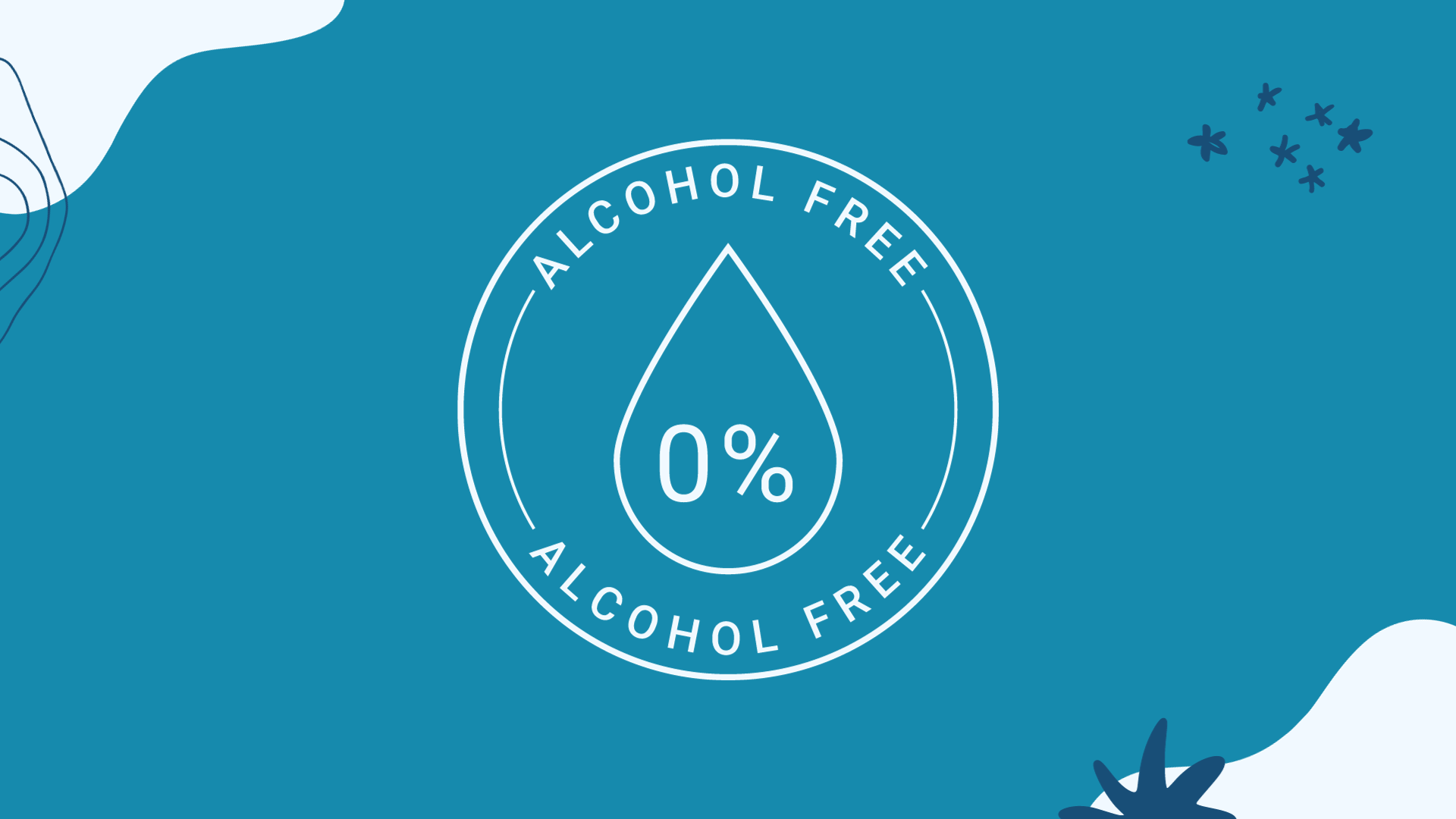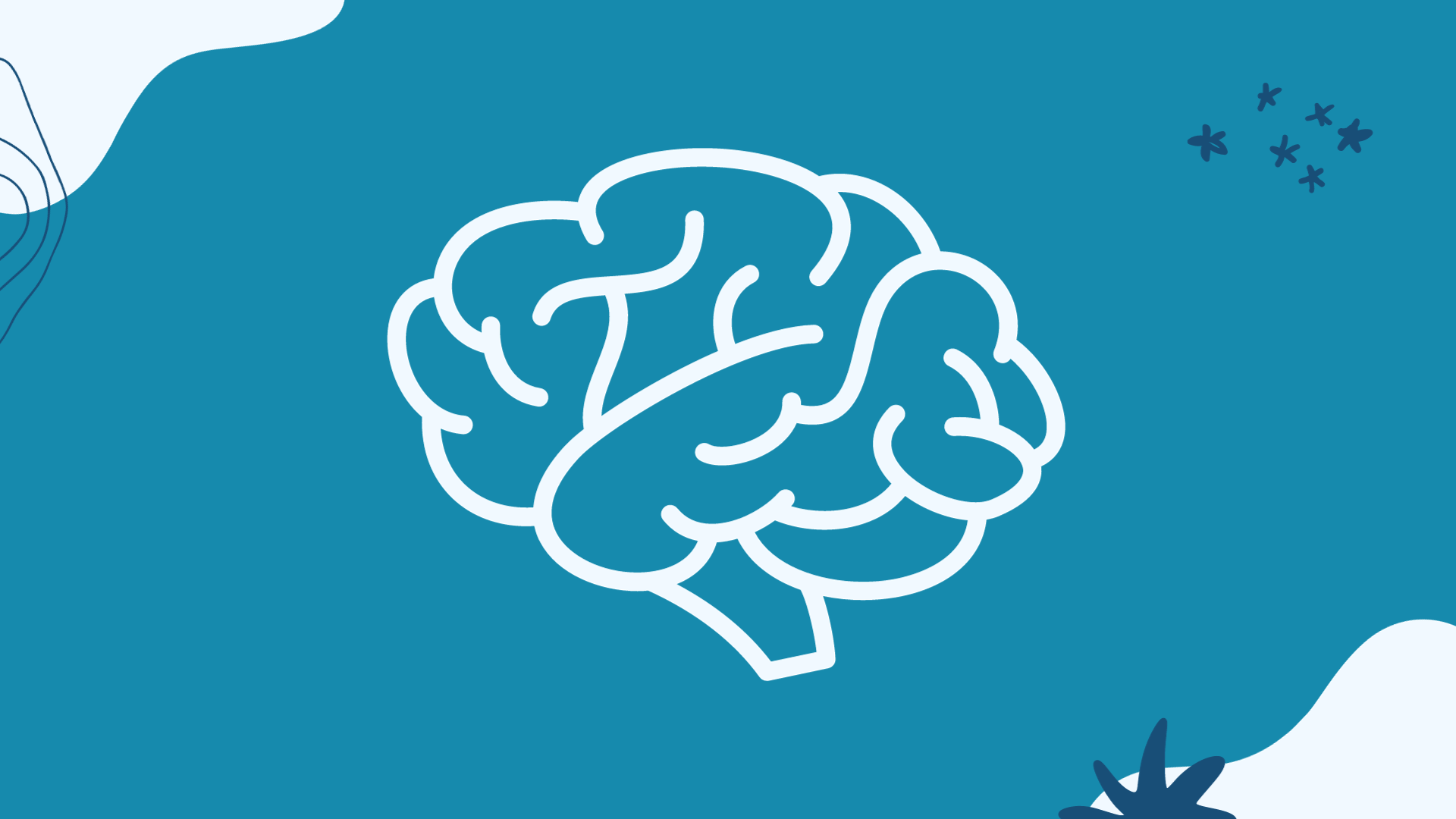The Power of Radical Acceptance: Embracing the Present Moment
We all want relief.
Think about that again.
Our society is consumed by the search for something: security, stability, happiness, comfort. That’s why we buy the fifth pair of flip flops, eat the third donut, have the fourth glass of wine, work the 60th hour this week, and exercise to the point of exhaustion.
We may be so trapped in cycles of “doing,” we don’t even realize that what we are seeking, in its simplest form, is relief.
But what if you could slow down that frantic search? Slow down the energy cycles that keep you on the hamster wheel day after day? What if I told you that the key to releasing yourself from the discomfort that leads you to all these anxieties and all the frantic behaviors was actually surprisingly simple?
You’re not “Wrong”
Let me start by saying this: whatever it is you’re doing in your day-to-day life, you’re far from alone. Every single person I know seeks things—material or spiritual, sexual or emotional—that they think will bring them happiness.
But if you dig deeper, what you’ll find if what each and every one us really wants is something the mind needs: relief.
Our society is based on the idea that we’re always working toward something: the weekend, the next promotion, the exciting vacation. But in being on that treadmill, we’re not just running forward; the tough truth is you’re running in place.
We all are. And when we seek that external validation that can only come after something we don’t have, we miss out on the only place where happiness can truly exist: in the present moment.
This is NOT What We Were Promised
What you have right now, if you’re like most people, is a life that feels messy. Bills and caretaking and chores and responsibilities. None of this is what we were promised as children, right? Where is the fun and freedom of adulthood? Adulthood is a big fat disappointment for most people. It’s not staying up late, eating what we want, and having all the time and freedom to do as we please.
As adults, we’re forced to cope with unresolved past trauma. We can feel separate and alone in the world, unloved and often afraid. That illusion of separateness creates a tremendous amount of unhappiness and discontent. Most people truly believe that they are the only person that has ever felt this way about something, that no one understands them, and that they are completely alone.
No matter what your life circumstances are, the universal truth is that we all want relief from reality. But we can’t change our reality—at least not as fast as we want to. So, smart survivors that we are, we cope and adapt. We tell ourselves that happiness is just around the corner in the next new job, new car, new partner, whatever it might be for you—fill in the blank. In the meantime, because we don’t know how to deal with our current state, we ‘check out’ through use of drugs, alcohol, food, or sex. We focus on the future dream instead of the present reality. We strive and strain and seek, reaching forward with such tightly clenched fists that we fail to see what we’ve actually got in our hands.
The truth is, the relief is right here in this moment.
The Drive Keeps Us Alive, but There’s a Cost
Our minds are constantly scanning our environment for risks and opportunities. The amount of data coming in from moment to moment is staggering. The human brain can process 11 million bits of information every second, but our conscious minds can handle only 40 to 50 bits of information a second according to research by Pragya Agarwal, Behavioral and Data Scientist.
The chatter in our minds is endless. No wonder our brains are overloaded. Trauma and responsibilities and fear and needs and... Phew. Is it any wonder that our minds seek relief as a way to quiet the chatter and calm the body?
Happiness Starts with Acceptance
Beyond all the noise and chatter, running and seeking, what we really want as human beings is freedom. We want to feel content at peace and serene. But as we go through our day, the internal dialogue pulls us away from what is, and desperately seeks anything else—because anything else seems easier than the present truth. But that pulling away, that seeking other...it has another name.
I call that feeling resistance.
But resistance is a thief, stealing us away from the present moment.
But what if I told you the key to being happier is to accept the present? Accept the now, in its current state. Messy, scary, out of control—whatever it is. As soon as I am able to say okay, this is how it is or I don't really care for this but I’m willing to accept that this is how it is, you give yourself permission to do something powerful. You give yourself permission to stop fighting, to stop resisting.
When you stop resisting, you can stop trying to make yourself, your life, and your circumstances be something different than what it is. And in that pause, in that stopping, when you’re not running or seeking or hiding or fleeing. You’re in the here and now.
When you’re present in the here and now, you make space for the relief that I have been searching for everywhere.
Taking Steps to Embrace Acceptance
After my car accident, I had to go through phases of surrender and acceptance slowly over time. The first step was becoming aware of what I was thinking and what my mind was telling me about my circumstances.
The next step is to surrender. Stop resisting what is in this moment right now.
Surrender doesn’t mean agreeing to things that are harmful to you. Surrender means hitting pause and allowing your mind to stop searching for solutions or cures or comforts because it’s in desperate need of relief.
Acceptance means looking at what is happening and facing the truth of things are.
The day may not be ideal, but I experience it all without any attachment or judgment. If I accept that this is where I am right now and I'm not going to fight it, I know I am freeing up mental energy to take practical steps to handle any situation that arises. When my mind is calm and my body is not rushing, running, or hiding, I can make positive, proactive changes. But I cannot heal or change when I’m in a state of constant anxiety and movement.
Now this is something I have to do over and over again, usually because I will surrender and then my mind will bring up a story about the circumstances and express that it shouldn’t be this way or it should be that way, if only this would have happened then things would be different and then I will get back into that same loop of dissatisfaction. And then I will resist again what is actually happening. This is how the egoic mind works.
And that brings me right back into a place of deep unhappiness and suffering. But I understand now that I have to surrender and let things go over and over again. And when I do that, then I can accept this is how it is, and so it's this constant process.
The fourth step in this process is to practice staying present in this moment. There is no other moment besides this one that we're in right now. The past is gone and cannot be undone. And the future has not yet happened; we have zero control over that.
And since this moment is the only moment there is and when I bring myself back to this moment, I have peace. Everything is okay.
Practice
Let’s try something together. Take a moment and become fully present to your breath. Just notice yourself breathing, follow the inhale and exhale and just stay present with that. Breathe in deeply through your nose. Hold the air in your chest. Slowly exhale and count your way through the breath.
Inhale...
Hold.
Exhale...
Do you notice that when you do that the voice in the mind stops? It’s because you are present. The longer you can stay present, the less the egoic mind can say.
When I notice that I am not present then I will reorient myself back to the present moment by finding something in my environment to fixate on, such as my flowers or how the breeze feels on my face.
Radical Acceptance and Embracing the Present Moment
When you feel yourself turning to something—anything—to ease the pain, to disguise the hurt, or to mask the stress, remember true and lasting relief is just on the other side of these four steps:
Step 1- Harness the power of your mind and notice what stories it is creating.
Step 2- Surrender: Stop resisting reality as it is.
Step 3- Acceptance: Allow yourself to accept things as they are in this moment without any judgment or opinion.
Step 4- Stay in the present moment.
And don’t forget to breathe.
Thanks for joining me today. If this blog post helped you, please sign up for my newsletter and stay up to date on everything I’m writing and podcasting about. Share this post with a friend who needs it. And most of all, take a moment today to calm your mind and give your body the relief it needs. By doing that, you’ll set yourself up for true peace, true power, and the true opportunity to Live Beyond your Limits!
Sources Cited:
https://www.npr.org/2020/07/14/891140598/understanding-unconscious-bias




